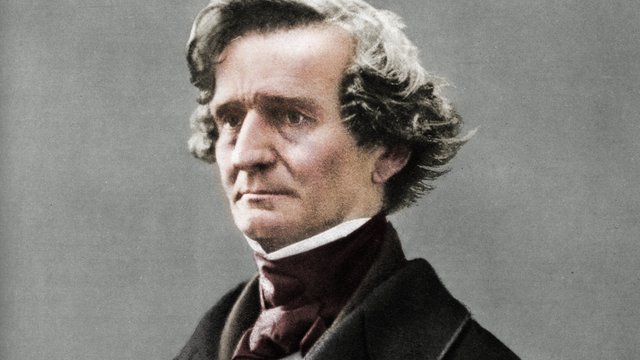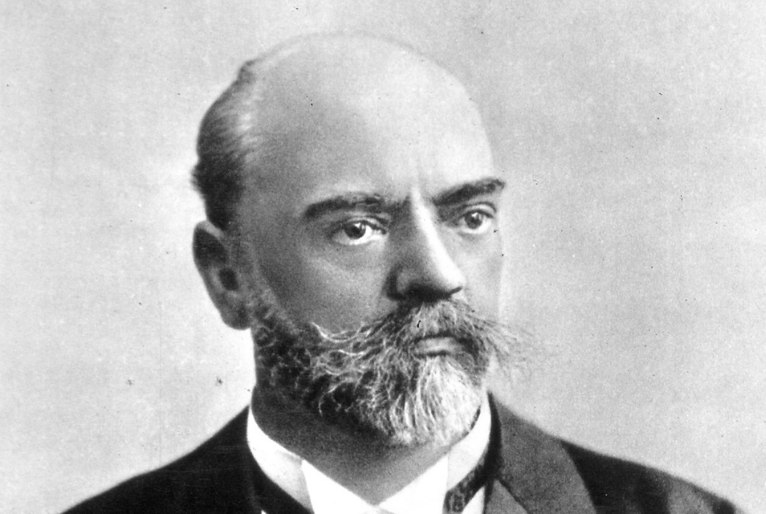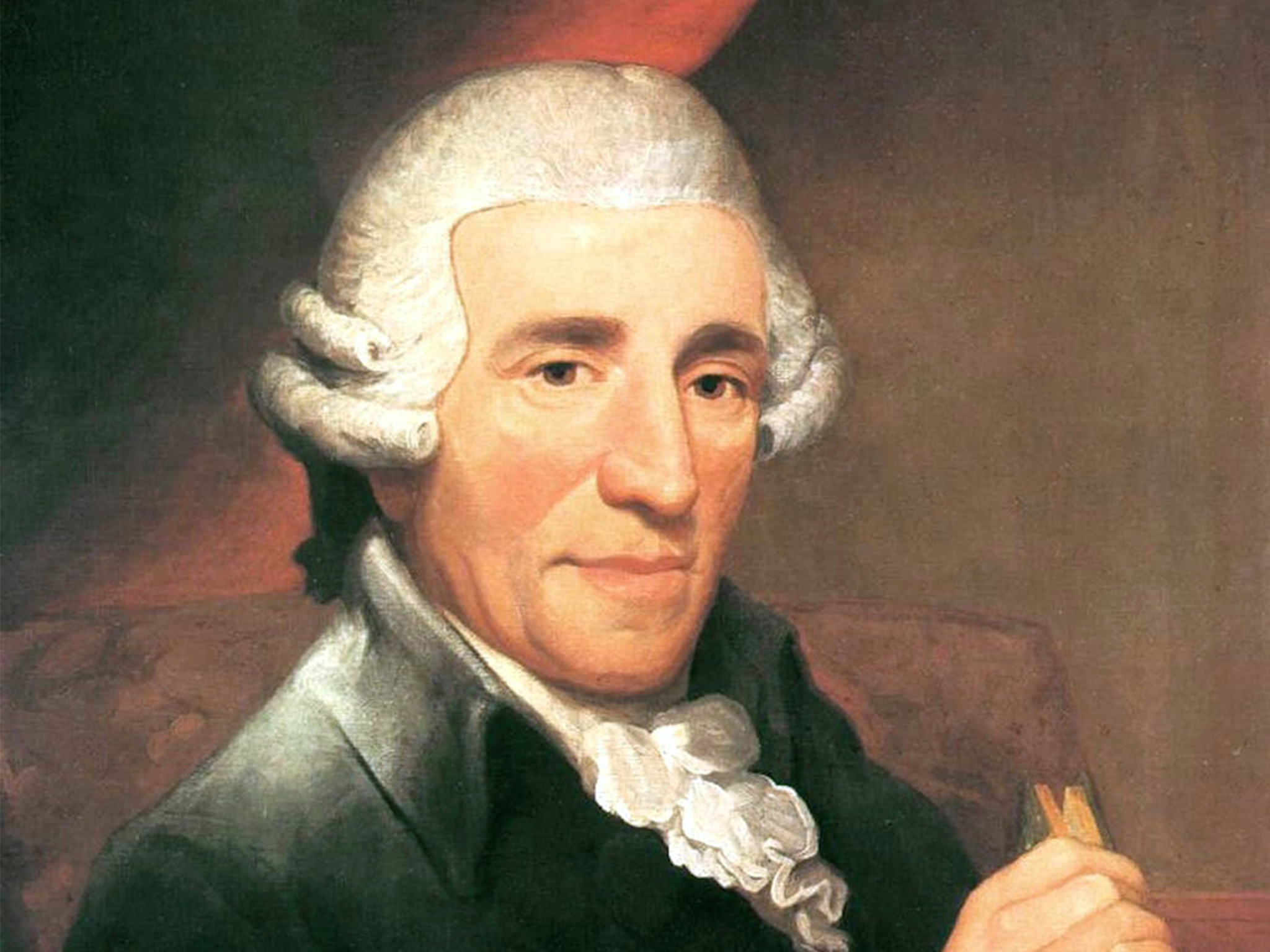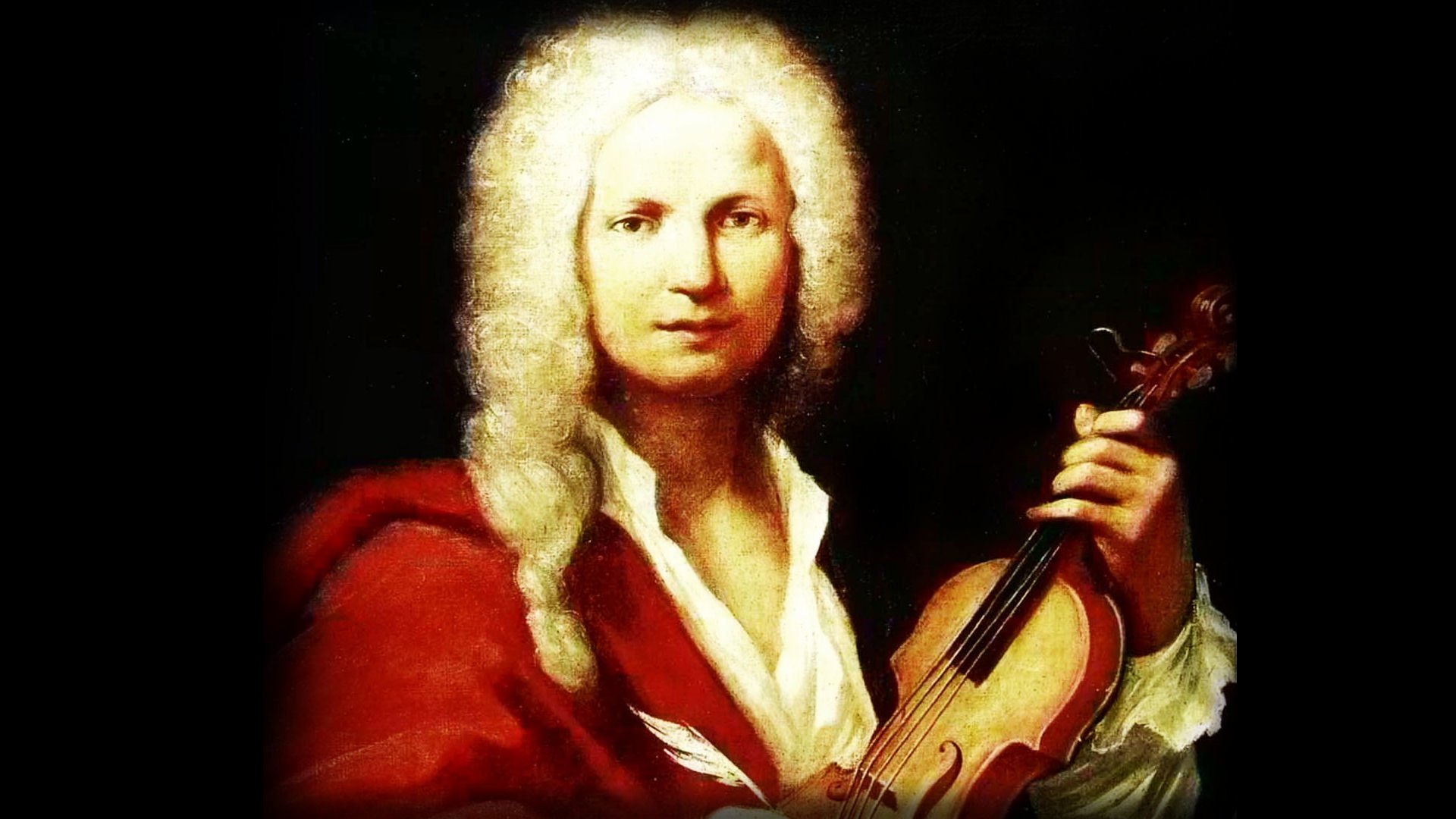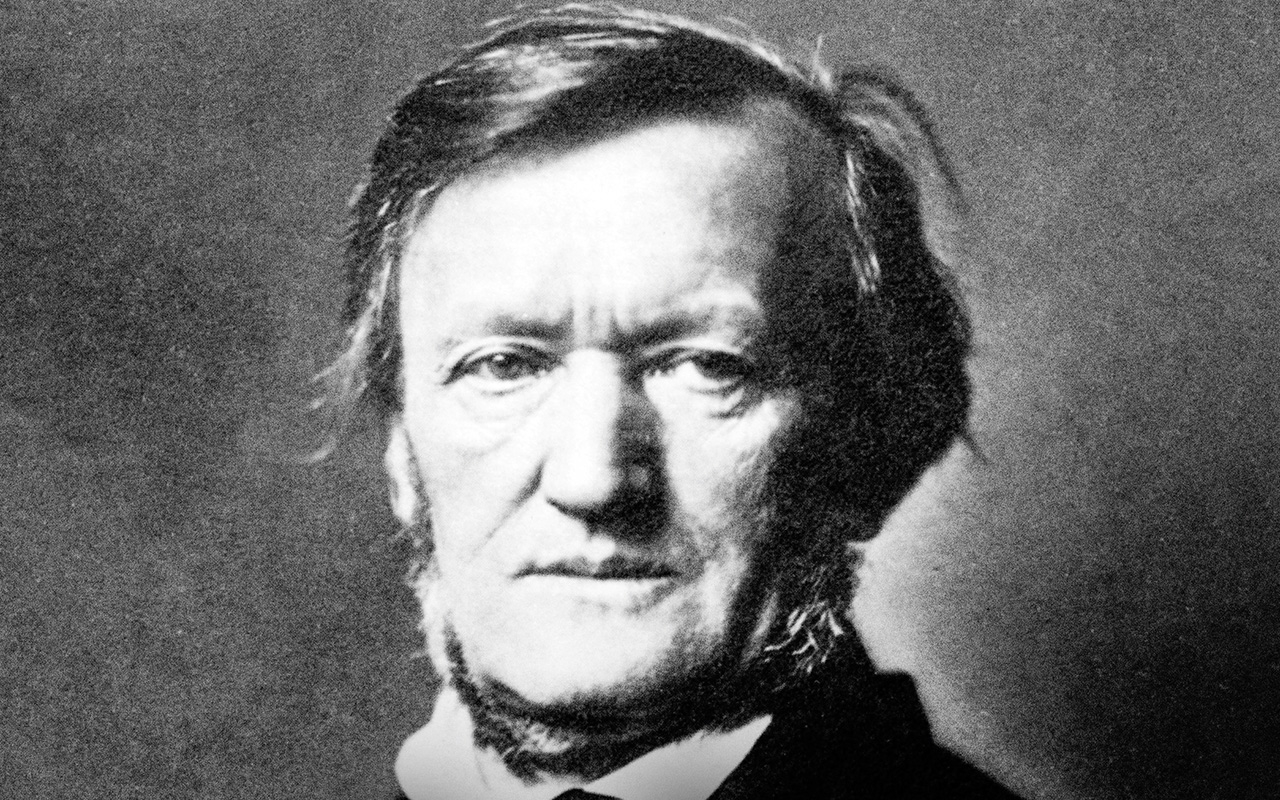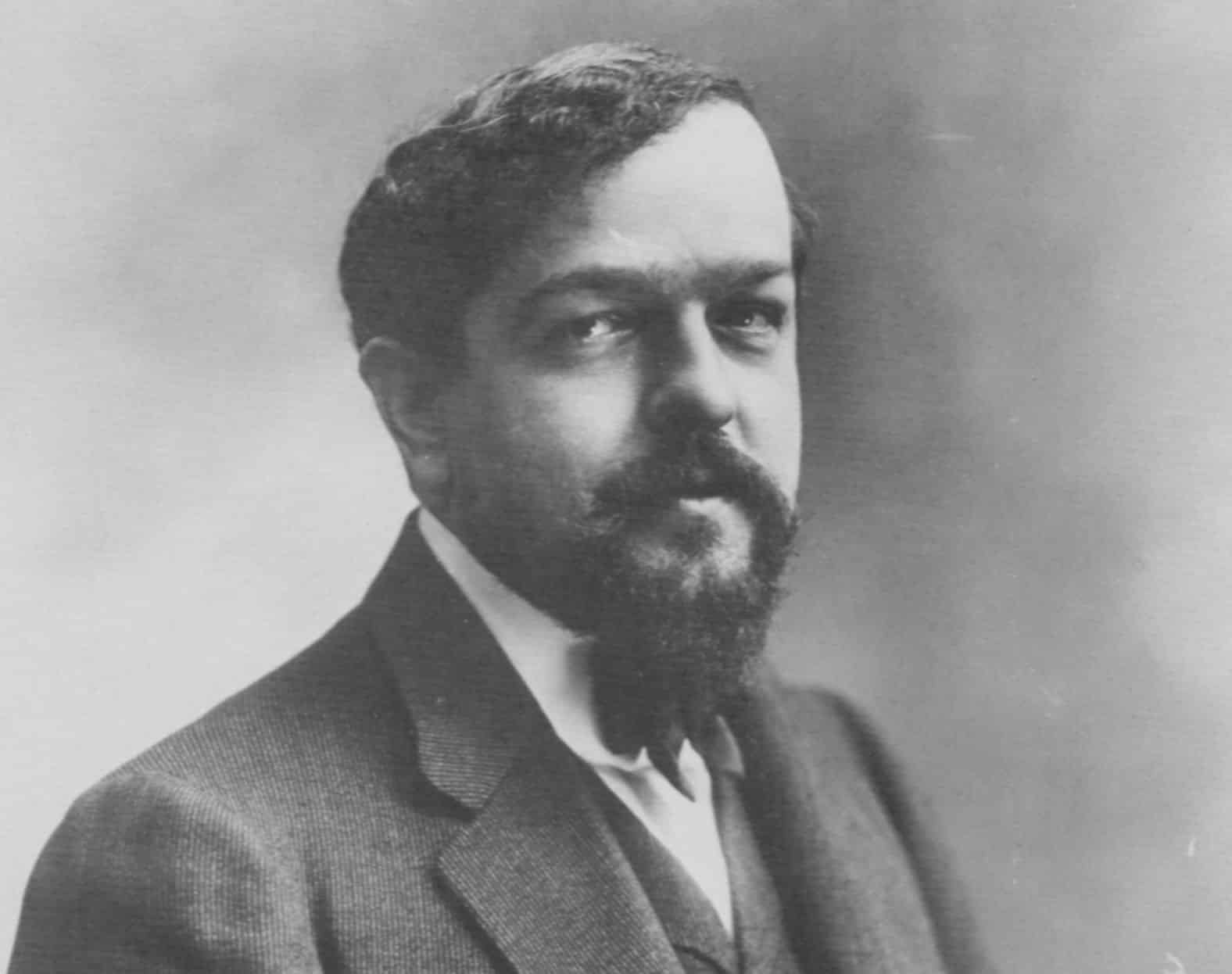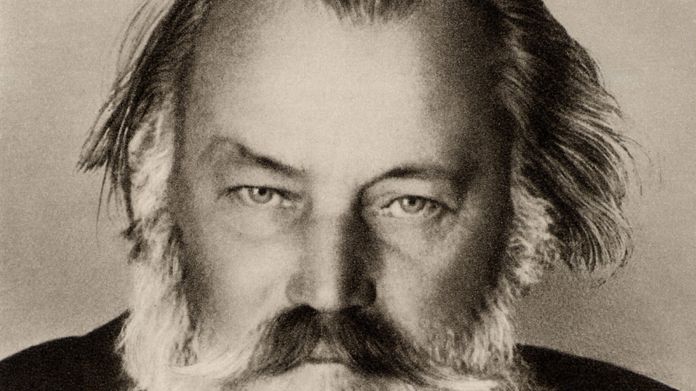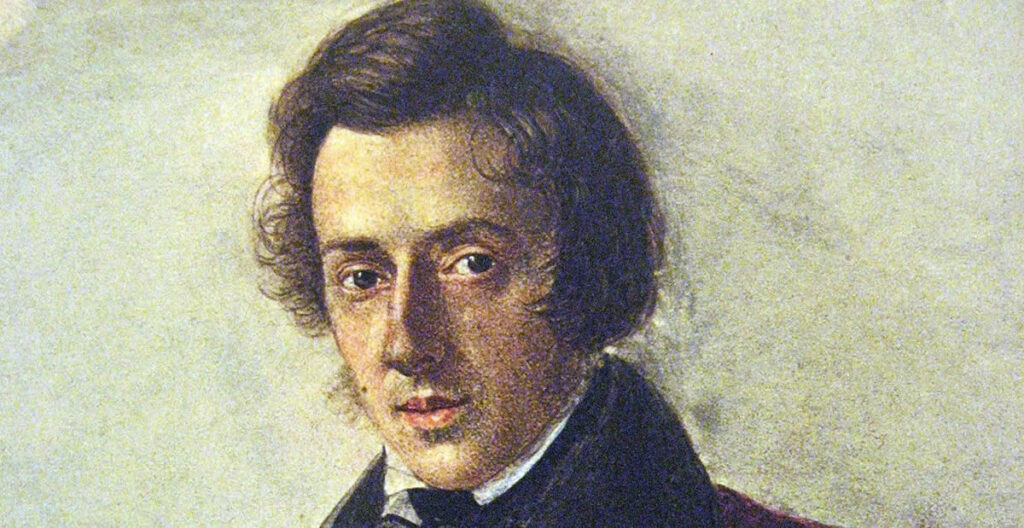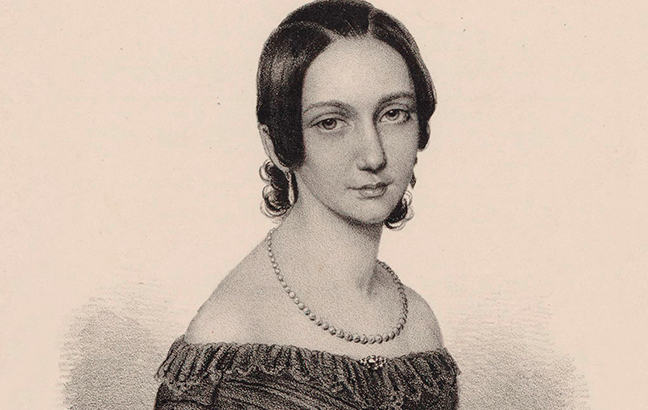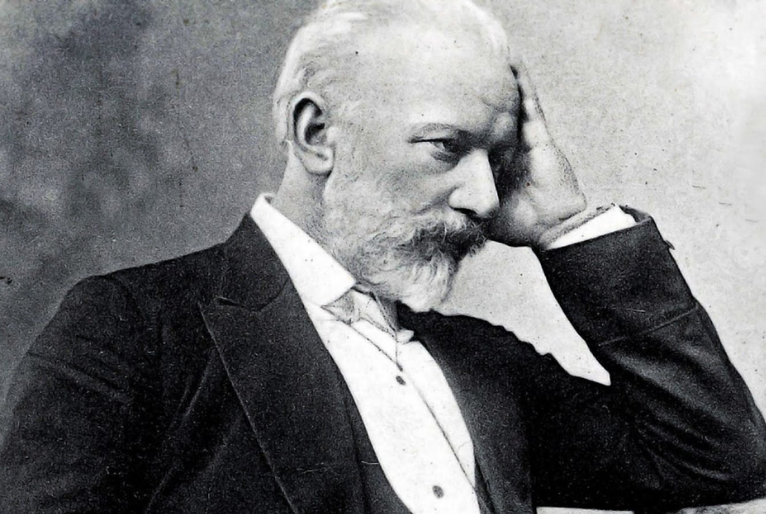Hector Berlioz (1803-1869) was a pioneering French composer and music critic of the Romantic era, known for his innovative compositions and contributions to the orchestral repertoire. Here are ten interesting facts about this influential musical figure:
1. Romantic Pioneer:
Berlioz was a key figure in the Romantic movement, which emphasized emotion, individualism, and imagination in contrast to the classical ideals of balance and restraint. His music often reflected the intense emotional and dramatic expressions characteristic of the Romantic period.
Antonín Dvořák, a Czech composer of the late Romantic era, left an indelible mark on the world of classical music. Here are ten fascinating facts about this musical luminary:
1. Antonín Leopold Dvořák was born on September 8, 1841, in Nelahozeves, a village near Prague in what was then the Austrian Empire. He hailed from a humble background, his father being a butcher and innkeeper. His early life in the picturesque Bohemian countryside would later influence his compositions.
Franz Joseph Haydn, often referred to as the "Father of the Symphony" and the "Father of the String Quartet," was a prolific and influential Austrian composer of the Classical era. His life (1732-1809) spanned a crucial period in the history of Western classical music, and his contributions left an indelible mark on the development of the symphony, chamber music, and the overall structure of classical compositions. Here are 10 interesting facts about this musical luminary:
1. Early Musical Education:
Haydn was born in Rohrau, Austria, into a humble family. His musical talents were evident from a young age, and he received early education in music as a choirboy at St. Stephen's Cathedral in Vienna.
Antonio Vivaldi, a virtuoso composer of the Baroque era, left an indelible mark on the world of classical music with his innovative compositions and unparalleled talent. Born on March 4, 1678, in Venice, Italy, Vivaldi exhibited a prodigious musical aptitude from an early age. His father, Giovanni Battista Vivaldi, recognized his son's potential and guided him in the study of the violin.
Vivaldi's early life was marked by his association with the Ospedale della Pietà, a charitable institution for orphaned and illegitimate girls. At the Ospedale, Vivaldi served as a violin teacher and conductor. It was during this time that he composed many of his most famous works, including the renowned set of violin concertos known as "The Four Seasons." These concertos, each dedicated to a different season, showcase Vivaldi's mastery of programmatic music, vividly depicting the changing moods and landscapes associated with each time of year.
Richard Wagner was a prominent composer of the 19th century, known for his influential contributions to opera and his complex, often controversial, personal and artistic life. Here are ten interesting facts about this iconic composer:
1. Early Musical Talent: Richard Wagner was born on May 22, 1813, in Leipzig, Germany. His musical talent was evident from a young age, as he began composing when he was just 7 years old.
Claude Debussy, a French composer of the late 19th and early 20th centuries, is renowned for his groundbreaking contributions to the world of classical music. His innovative and impressionistic style had a profound influence on the development of modern music. Here are ten interesting facts about Claude Debussy:
1. Early Life and Education: Claude Debussy was born on August 22, 1862, in Saint-Germain-en-Laye, France. He displayed an early aptitude for music and began his formal musical education at the Paris Conservatoire at the age of ten.
Johannes Brahms, one of the most celebrated composers in the history of classical music, was born on May 7, 1833, in Hamburg, Germany. He left an indelible mark on the world of music with his exquisite compositions and unique approach to classical forms. Here are ten interesting facts about this musical genius:
1. Musical Prodigy: Brahms displayed remarkable musical talent from an early age. He began playing the piano at the age of seven and quickly became proficient. By the time he was a teenager, he was already performing in public and earning money as a pianist.
Frederic Chopin, a composer and pianist of unparalleled genius, left an indelible mark on the world of music during his short but brilliant life. Born in 1810 in Zelazowa Wola, Poland, and passing away in 1849 in Paris, France, Chopin's legacy endures as one of the most influential figures in the history of classical music. His life and work are a testament to the enduring power of art to transcend time and space, and this biography seeks to explore the life, struggles, and immense contributions of this musical genius.
Clara Schumann, born Clara Josephine Wieck on September 13, 1819, in Leipzig, Germany, was a remarkable pianist and composer who left an indelible mark on the world of classical music during the 19th century. Her life was a testament to talent, perseverance, and resilience, as she navigated the complexities of being a female musician in a male-dominated field.
Clara was a prodigy from an early age. Her father, Friedrich Wieck, was a well-known piano teacher, and he recognized her exceptional musical abilities from the start. Under her father's rigorous tutelage, Clara began performing in public when she was just nine years old. Her stunning virtuosity and deep emotional connection to the music she played captivated audiences throughout Europe.
Pyotr Ilyich Tchaikovsky, one of the most celebrated composers in the history of classical music, left an indelible mark on the world of music with his timeless compositions. Born on May 7, 1840, in Votkinsk, Russia, and passing away on November 6, 1893, in St. Petersburg, Tchaikovsky's life and work continue to captivate audiences around the world. Here are ten fascinating facts about this musical genius:
1. Early Beginnings: Tchaikovsky displayed musical talent from a young age. He began taking piano lessons at the age of five, and his remarkable abilities quickly became evident to his family.
